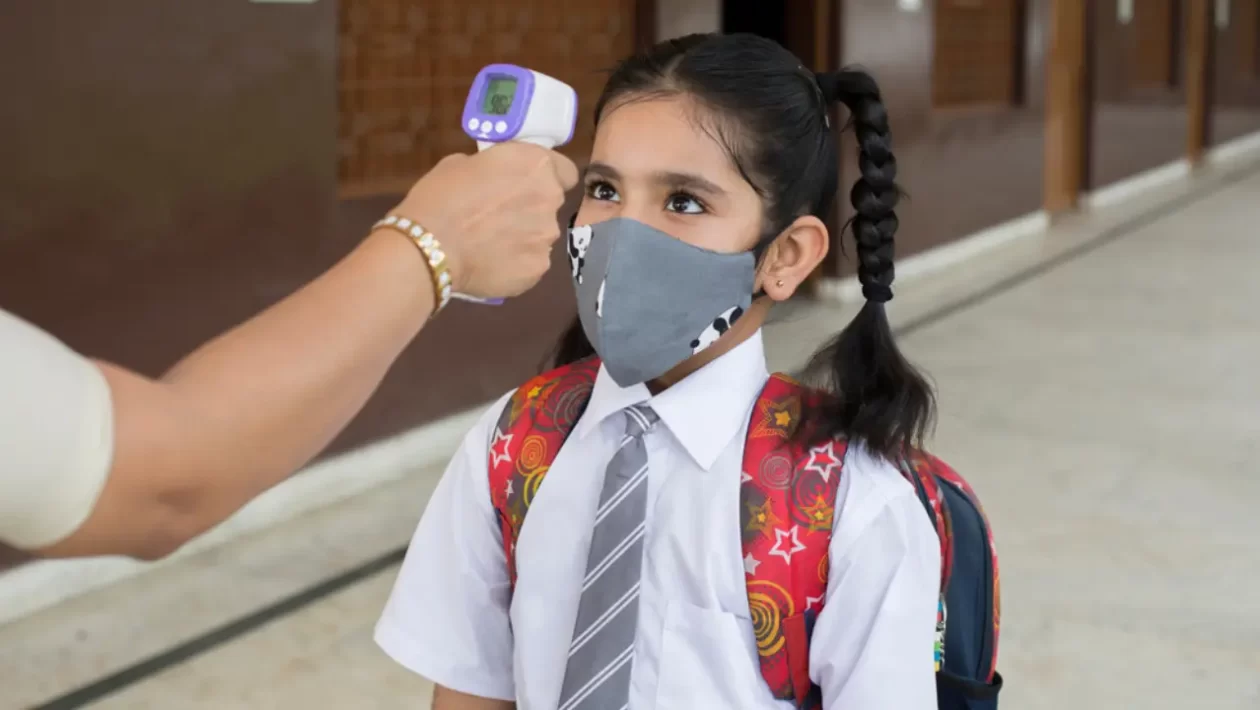Introduction: Enteric fever, also known as typhoid fever, is a bacterial infection caused by Salmonella typhi. It is a significant health concern in many parts of the world, particularly in areas with poor sanitation and hygiene practices. This article aims to provide a comprehensive overview of enteric fever, including its causes, symptoms, and available treatment options. By gaining a better understanding of this infectious disease, individuals can take necessary precautions and seek timely medical attention when needed.
Causes and Transmission
Enteric fever is primarily caused by the ingestion of food or water contaminated with the Salmonella typhi bacteria. Poor sanitation, improper waste disposal, and lack of clean drinking water contribute to the spread of the disease. Additionally, individuals who are carriers of the bacteria but do not display symptoms can unknowingly transmit the infection to others.
Symptoms
The symptoms of enteric fever can vary in severity from mild to severe. Common signs include a high fever that persists for several days, headache, abdominal pain, loss of appetite, and general weakness. In some cases, a characteristic rash known as “rose spots” may appear on the trunk of the body. If left untreated, enteric fever can lead to complications affecting various organs, such as the liver, spleen, and intestines.
Diagnosis
Diagnosing enteric fever typically involves a combination of medical history evaluation, physical examination, and laboratory tests. Blood cultures and stool samples are commonly used to detect the presence of Salmonella typhi bacteria. Prompt and accurate diagnosis is crucial for initiating appropriate treatment and preventing the spread of the disease.
Treatment and Prevention
The treatment of enteric fever usually involves the use of antibiotics to eliminate the Salmonella typhi bacteria. The choice of antibiotics depends on the severity of the infection and antibiotic resistance patterns in the region. It is important to complete the full course of prescribed antibiotics to ensure the complete eradication of the bacteria from the body.
Preventing enteric fever primarily involves practicing good hygiene and adopting proper sanitation measures. These include washing hands regularly, especially before handling food, consuming clean and safe drinking water, and maintaining proper food hygiene practices. Vaccination against typhoid fever is also available and can provide protection against the disease.
Conclusion
Enteric fever, or typhoid fever, is a significant infectious disease that can have serious health consequences if not properly managed. By understanding its causes, recognizing the symptoms, and seeking timely medical attention, individuals can receive appropriate treatment and prevent the spread of the infection. Practicing good hygiene and following preventive measures play a crucial role in reducing the risk of enteric fever. Remember, awareness and proactive measures are key to protecting oneself and the community from this potentially life-threatening illness.




